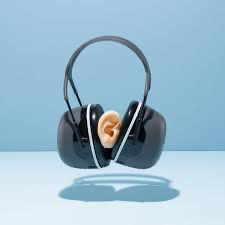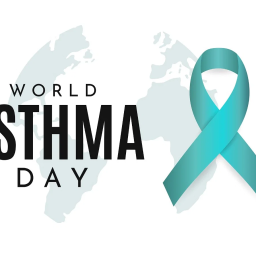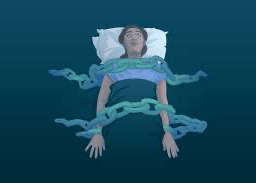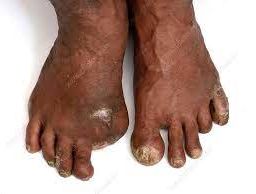
Debunking Weight Loss Myths: Sustainable Diet & Exercise Tips
In the realm of health and wellness, weight loss remains a prominent focus for many. However, navigating the vast sea of information can be daunting. It’s crucial to debunk prevalent myths to embark on a truly sustainable weight loss journey. Let’s delve into the truths behind these misconceptions and uncover evidence-based strategies for effective results.

Losing weight is a common goal for many people, but the abundance of weight loss information can lead to confusion and misinformation. In this post, we aim to debunk some of the most prevalent myths and provide evidence-based guidance to help you on your weight loss journey.
Myth #1: Crash Diets Are the Fastest Way to Lose Weight
Crash diets, which severely restrict calories, are not a sustainable or healthy way to lose weight. While they may result in rapid initial weight loss, it is often water weight, muscle loss, and can lead to nutritional deficiencies. Sustainable, long-term weight loss comes from a balanced and gradual approach to diet and exercise.
Myth #2: You Must Avoid Carbs to Lose Weight
Carbohydrates are an essential macronutrient and should not be eliminated from your diet. The key is to choose complex carbohydrates like whole grains, fruits, and vegetables and control portion sizes. A balanced diet that includes carbohydrates can provide energy and essential nutrients.
Myth #3: Skipping Meals Helps You Lose Weight
Skipping meals can lead to overeating later in the day, which is counterproductive. Regular, balanced meals help control hunger, maintain metabolism, and provide consistent energy levels throughout the day.
Myth #4: All Calories Are Equal
Not all calories are created equal. The source of calories matters. For instance, 100 calories of vegetables will have different effects on your body compared to 100 calories of sugary snacks. Focus on the quality of your calories by choosing nutritious, whole foods over processed, empty-calorie options.
Myth #5: Fat Makes You Fat
Dietary fat is an essential nutrient that the body needs for various functions. Healthy fats from sources like avocados, nuts, and olive oil can be a part of a balanced diet and may even aid in losing weight by helping you feel full and satisfied.
Myth #6: Cardio is the Only Effective Exercise for Losing Weight
While cardio exercises like running, biking, and swimming are great for burning calories, strength training is equally important. Muscle burns more calories at rest than fat, so incorporating strength training into your routine can boost your metabolism and aid in weight loss.
Myth #7: You Need to Exercise for Hours Every Day
You don’t need to spend hours at the gym every day to lose weight. Effective workouts can be as short as 30 minutes if they’re intense and include both cardio and strength training. Consistency and quality are more important than quantity.
Myth #8: Weight Loss Supplements Are the Magic Solution
Weight loss supplements are often marketed as quick fixes, but they are rarely effective in the long term. Many of these products are not regulated, and their safety and efficacy are questionable. Success comes from a healthy lifestyle, not a pill.
Myth #9: You Can Spot-Reduce Fat
Targeting fat loss from specific areas, such as the abdomen or thighs, through exercises or products, is a common misconception. The body loses fat systematically as you lose weight, and genetics play a significant role in where you lose it first.
Losing weight is a complex journey that is best approached with a combination of healthy eating habits, regular physical activity, and patience. By dispelling these myths and focusing on sustainable, evidence-based practices, you can achieve your weight loss goals in a healthy and effective way. Always consult with a healthcare professional or a registered dietitian before making significant changes to your diet or exercise routine.
Disclaimer: The information provided in this content is for general informational purposes only. It is not intended as medical or healthcare advice, diagnosis, or treatment. Always seek the advice of a qualified healthcare professional with any questions you may have regarding a medical condition or healthcare decisions.
















